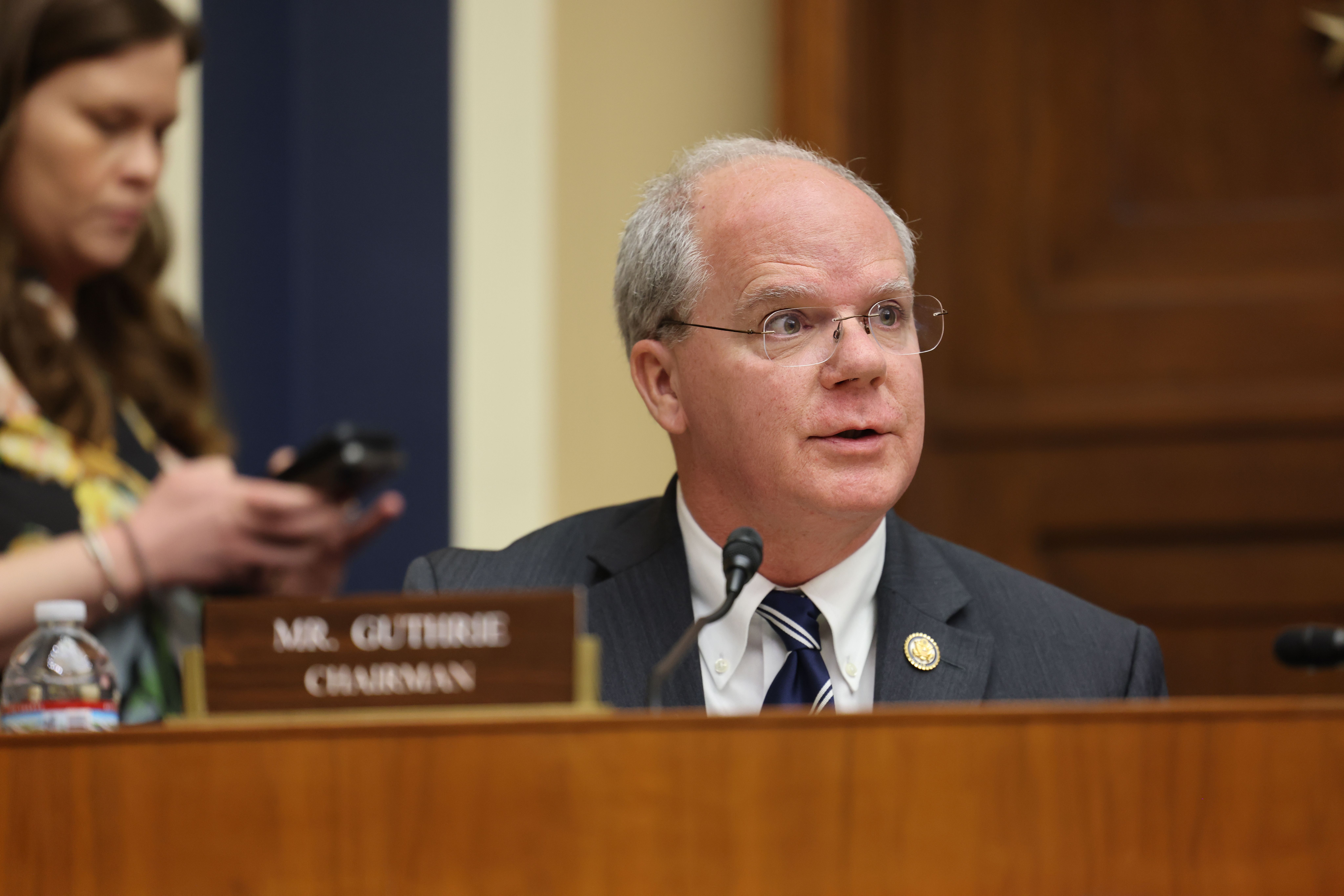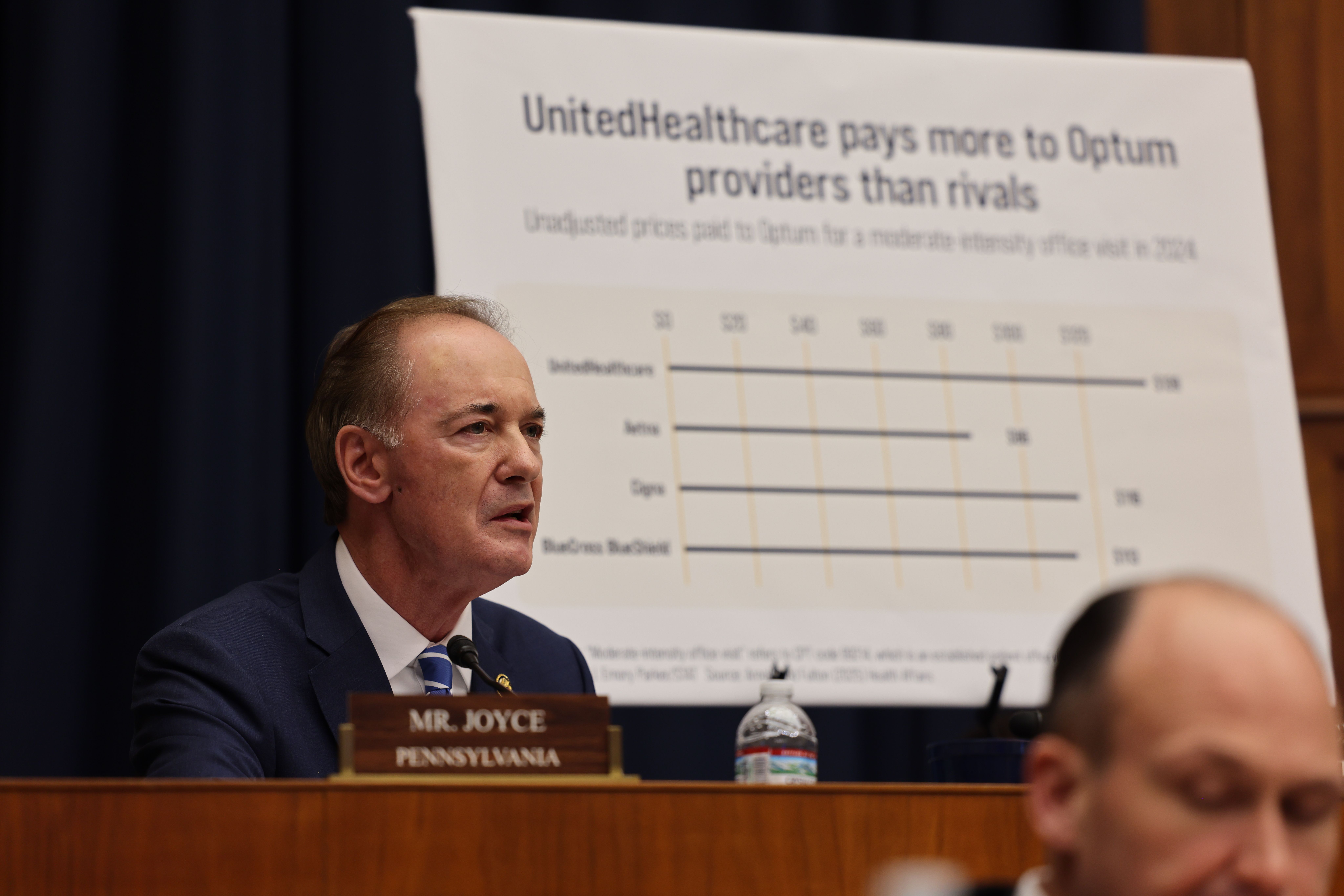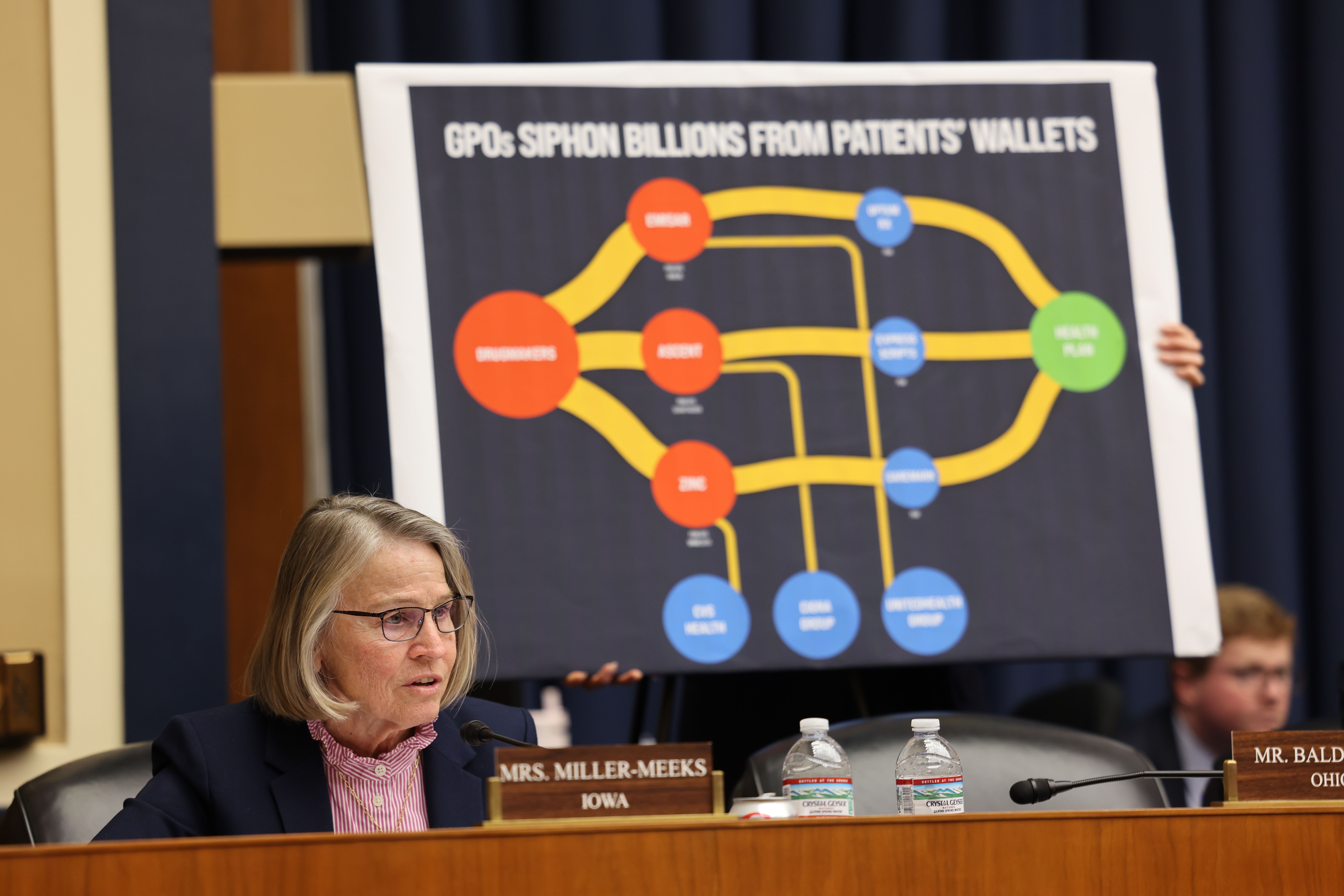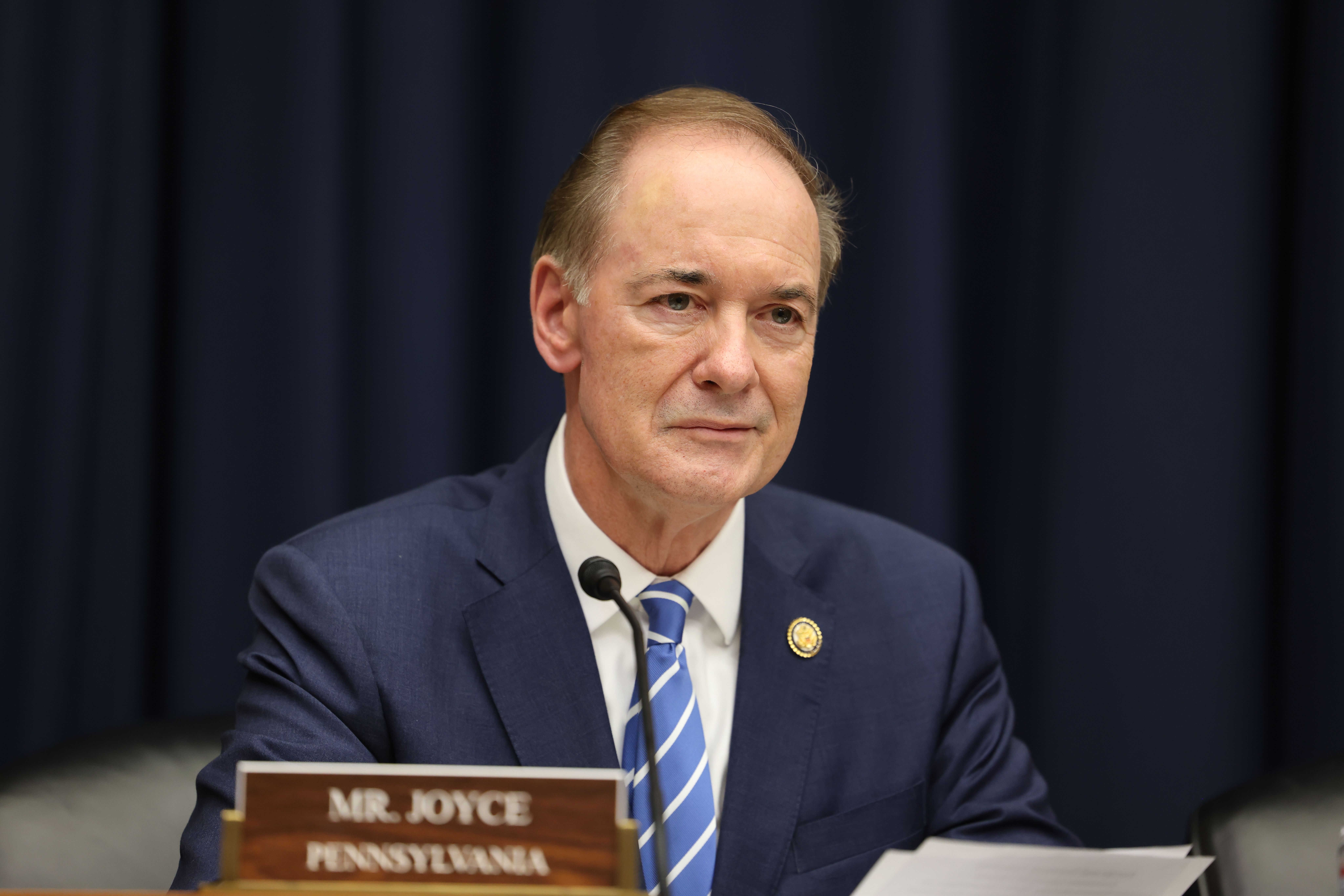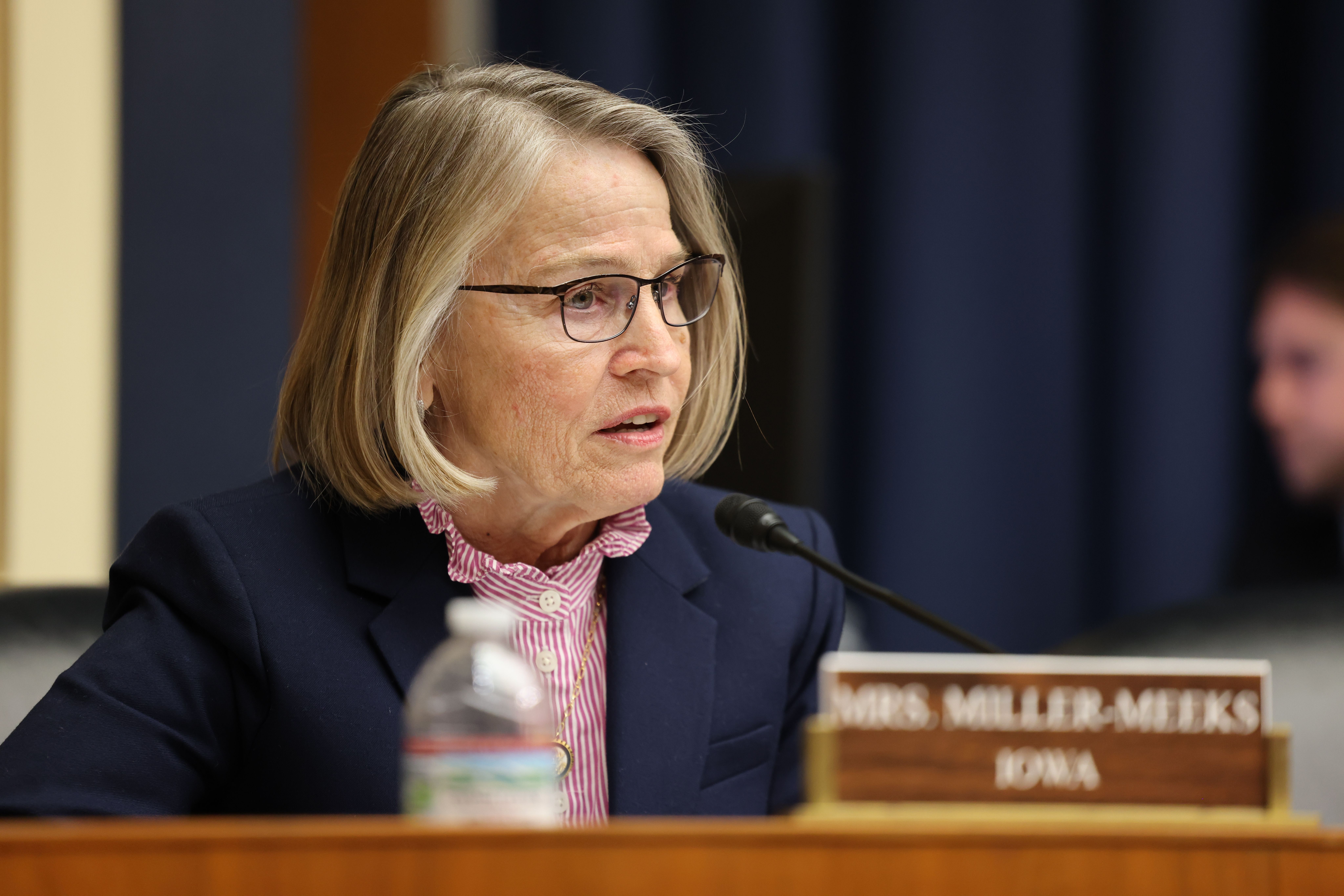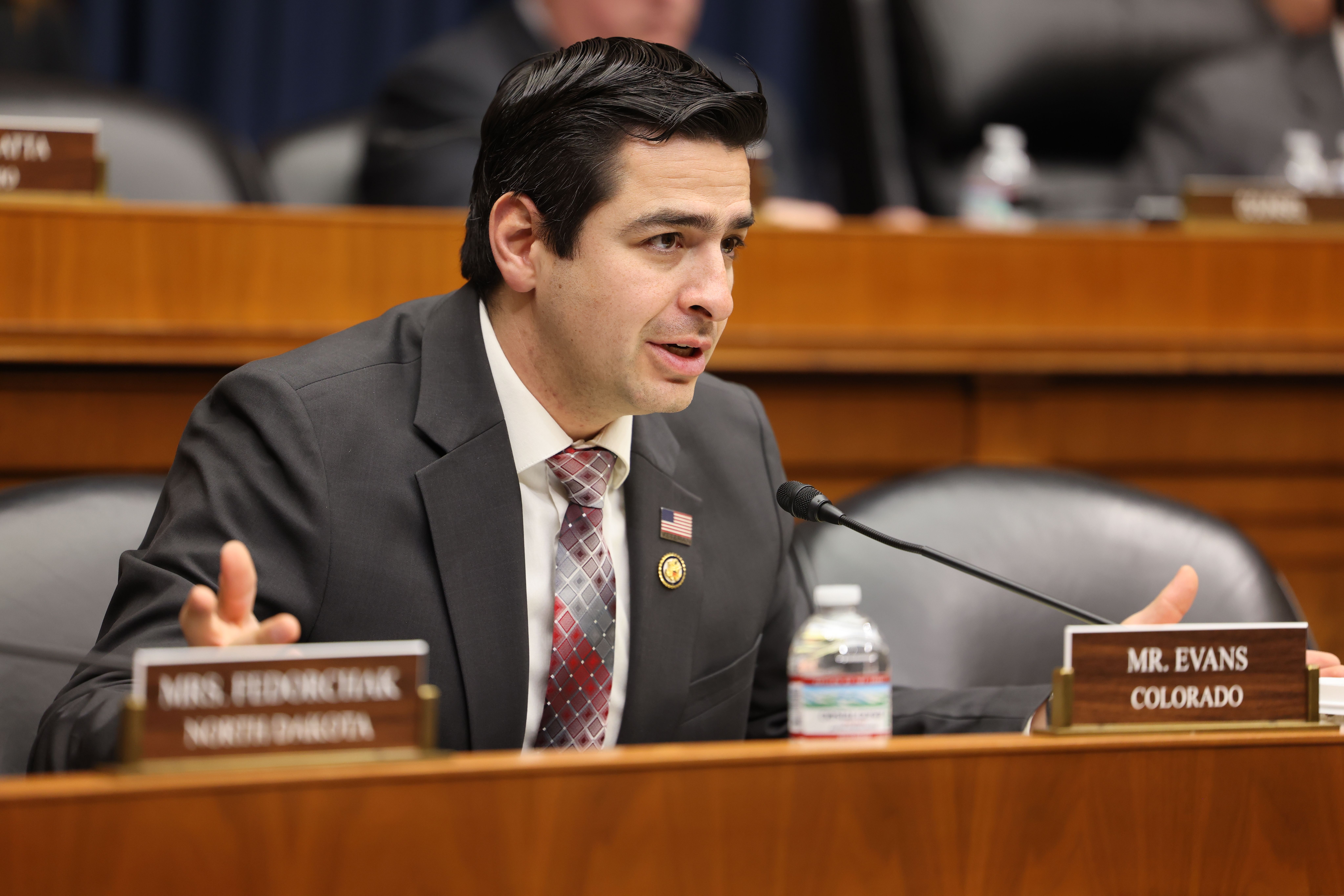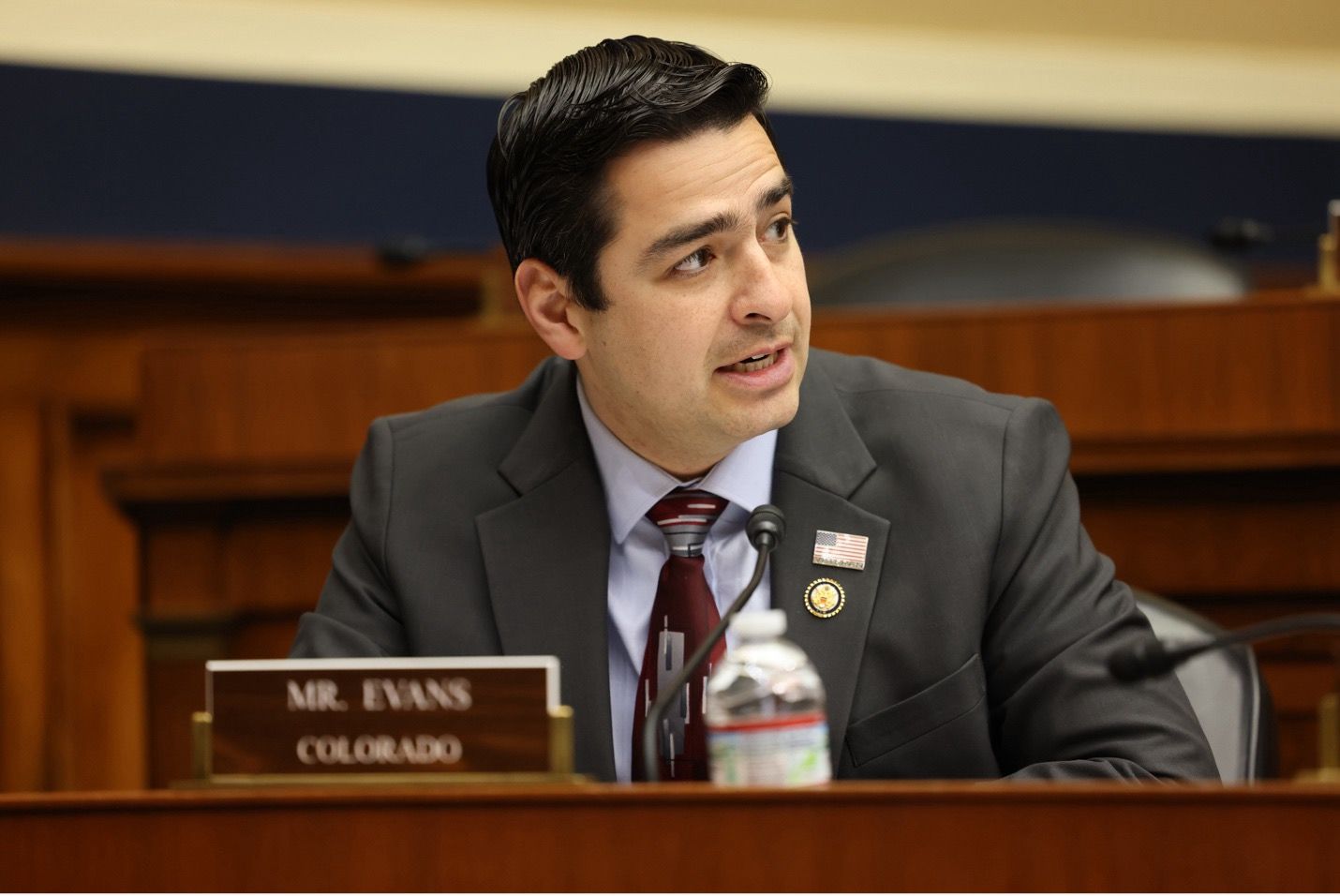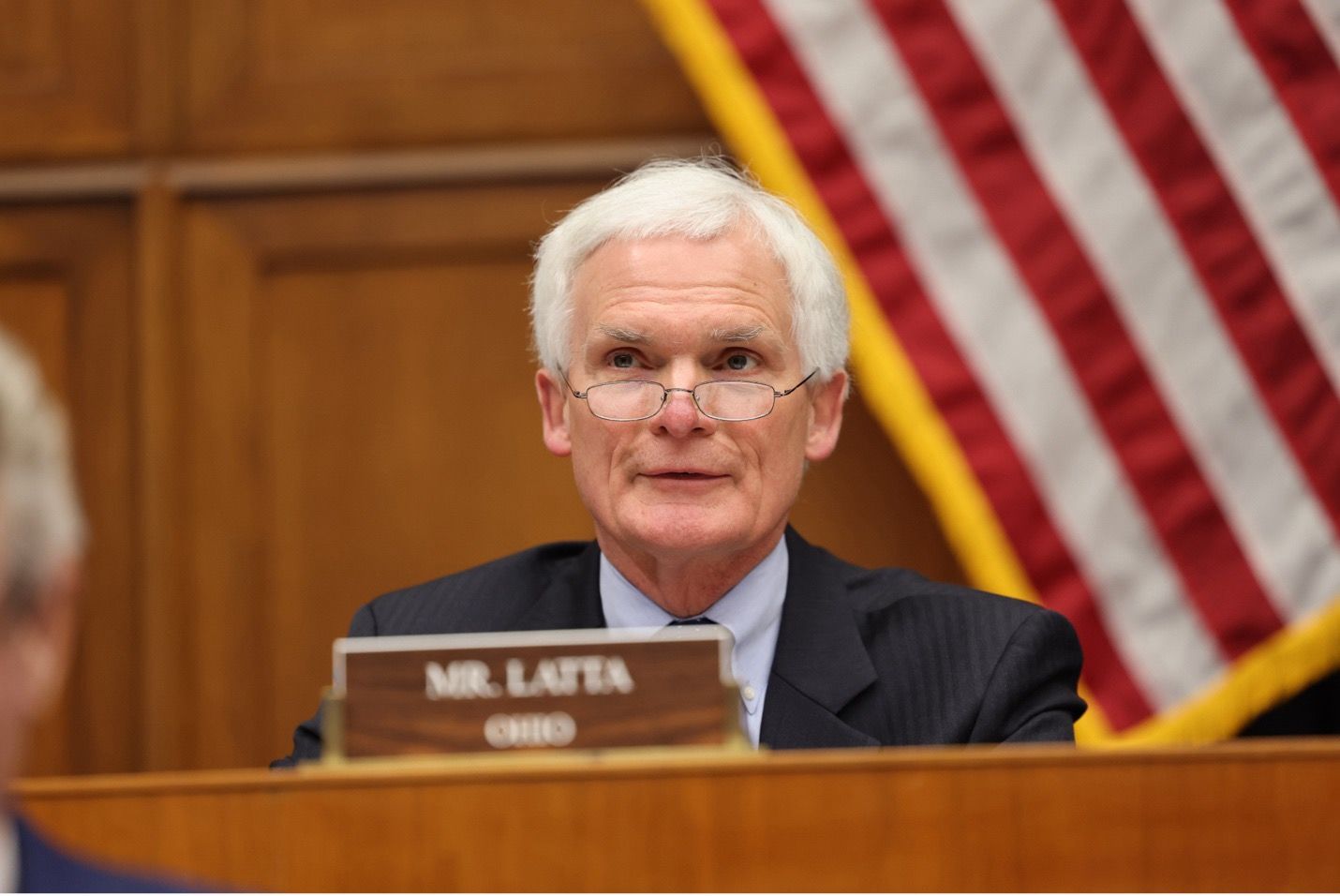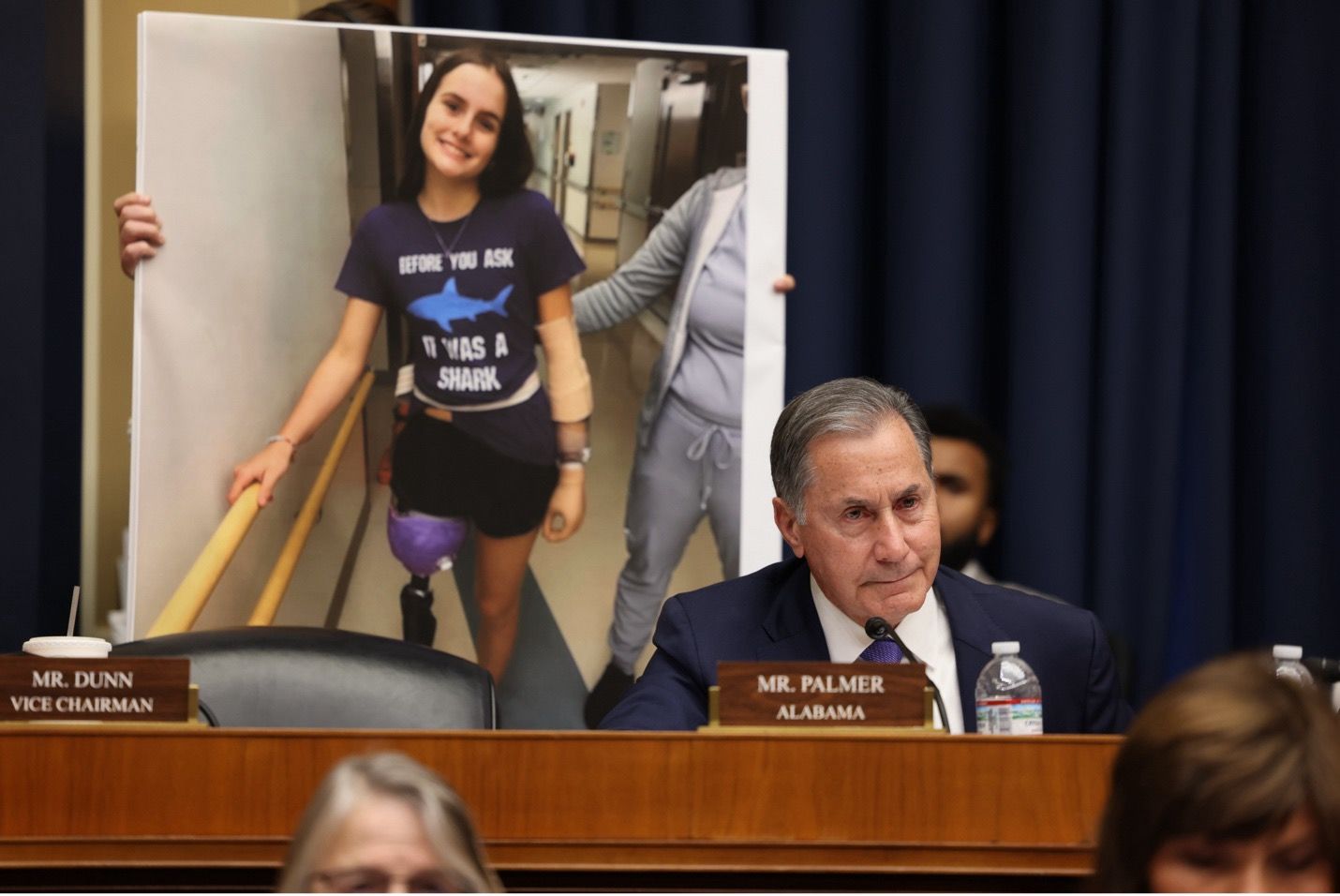Chairman Palmer Delivers Opening Statement at Subcommittee on Environment Hearing to Discuss Legislation to Modernize America’s Chemical Safety Law
WASHINGTON, D.C. – Congressman Gary Palmer (AL-06), Chairman of the Subcommittee on Environment, delivered the following opening statement at today's hearing titled Chemicals in Commerce: Legislative Proposal to Modernize America's Chemical Safety Law, Strenghten Critical Supply Chains, and Grow Domestic Manufacturing.
Subcommittee Chairman Palmer’s opening statement as prepared for delivery:
“Good afternoon and welcome to Ranking Members Pallone, Tonko, my colleagues, and to our witnesses for this hearing of the Subcommittee on the Environment.
“Today we will be examining a legislative proposal to modernize the Toxic Substances Control Act – or TSCA.
“First enacted into law in 1976 with broad bipartisan support, TSCA provides the U.S. Environmental Protection Agency (EPA) with broad authority to regulate chemicals that pose an unreasonable risk to human health and the environment.
“Forty years later, Congress made several improvements to TSCA with passage of the bipartisan Lautenberg Amendments in 2016.
“As we heard at our hearing last January, chemicals are central to many aspects of modern life, and a strong, U.S. chemical industry is key to our economic prosperity and national security.
“The 2016 law authorized EPA to collect user fees to help provide resources and funding but in the decade since the Lautenberg Amendments were passed, it has become clear that this important law is still not working as Congress intended and that further changes are needed to ensure chemicals are reviewed in a predictable and efficient process without undermining safety.
“The process for reviewing new chemicals – which was a significant focus of the 2016 effort – is broken. As we heard in January and will again hear from witnesses today, EPA does not meet the 90-day review deadline for the vast majority of all new chemicals submitted for EPA review. This regulatory uncertainty makes it difficult for the chemical industry to bring safer alternatives or new technology to the market in the U.S. and impacts human health and the environment by slowing the transition to safer alternatives.
“To be clear: The draft would not scrap the safety protections enacted in the 2016 Amendments and is not reopening up TSCA as a whole.
“The bill would reauthorize the fee provision for another 10 years and require increased transparency and accountability in how fees are used by EPA.
“The draft also makes targeted changes to modernize section 5 and section 6 concerning the review and regulations of new and existing chemicals, including requiring increased coordination between EPA and other agencies and prioritizing chemicals that are essential to critical manufacturing supply chains.
“Our witnesses today are: Dimitri Karakitsos, a partner at the law firm Holland & Knight who worked on the 2016 Amendments as a Senate staffer; Dr. Kimberly Wise White of the American Chemistry Council, John Carey of DSM-Firmenich, an international chemical manufacturer with significant operations in the U.S., and Professor Tracey Woodruff of the University of California, San Francisco.
“The legislation we are considering today is a discussion draft. It reflects input the Subcommittee received at our January hearing and in the months since.
“Majority staff also met with their counterparts on the minority staff half a dozen times to discuss ideas and language for this proposal, and several changes were made to the text based on input from minority staff.
“We look forward to getting additional feedback in the weeks after this hearing and hope to continue discussions with the minority on areas for bipartisan cooperation as we work on an updated draft, prepare legislation for introduction, and plan for a future markup to advance this important legislation.”
